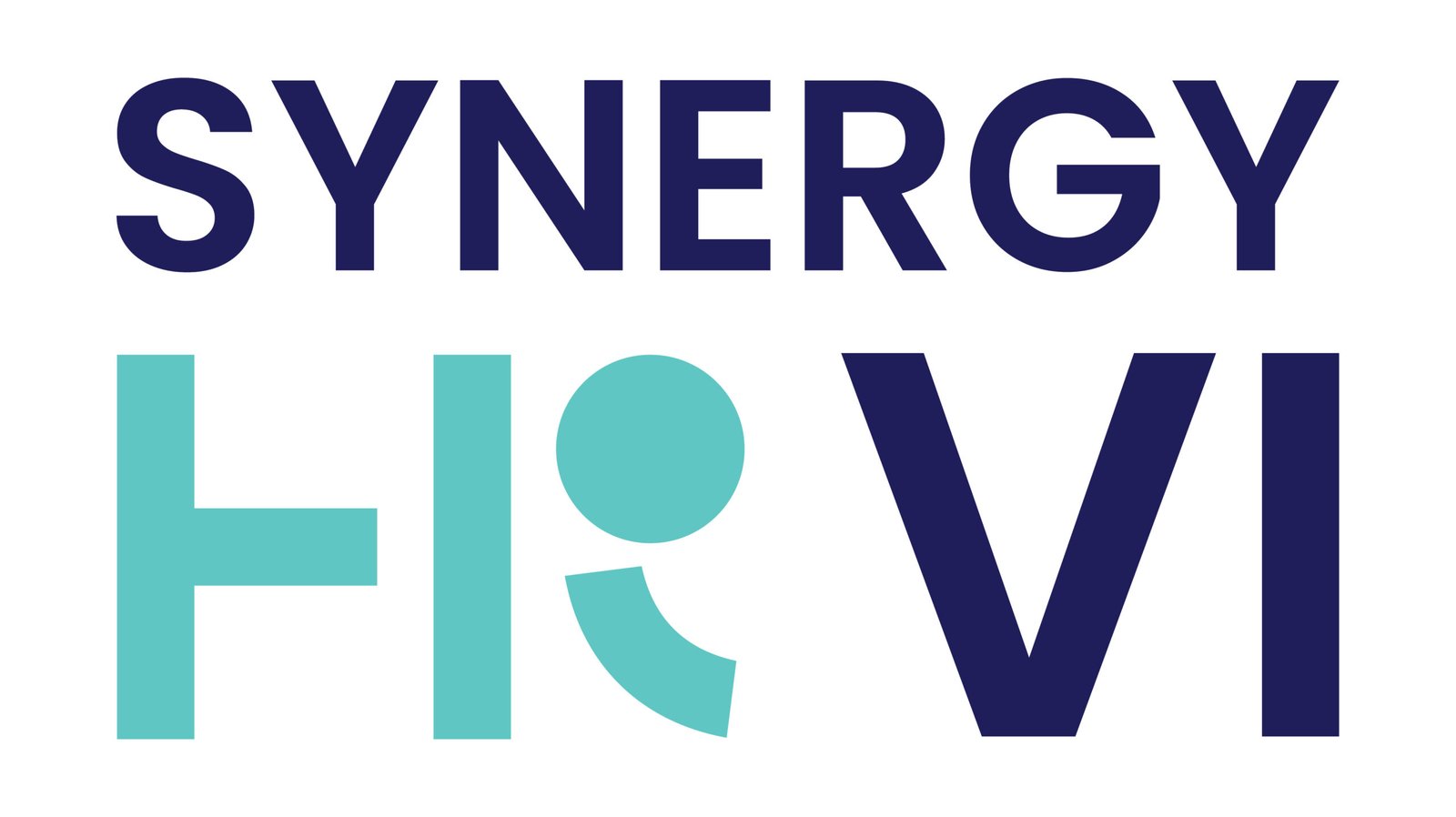In today’s globalized world, workplaces are becoming increasingly diverse, with individuals from different cultures, backgrounds, and experiences coming together to contribute to organizational success. However, this diversity also presents challenges, as organizations strive to create inclusive environments where everyone feels valued, respected, and empowered. Human Resources (HR) plays a pivotal role in promoting diversity and inclusion (D&I) in the workplace, moving beyond compliance to embrace a culture of equity and belonging.
Understanding the Importance of Diversity and Inclusion
Diversity and inclusion are not merely buzzwords or compliance mandates; they are essential ingredients for a thriving organization. A diverse workforce brings a multitude of perspectives, experiences, and skills to the table, leading to enhanced creativity, innovation, and problem-solving.
- Diversity refers to the variety of human experiences, backgrounds, and characteristics that make each unique. This includes factors such as race, ethnicity, gender, sexual orientation, age, disability, religion, and socioeconomic status.
- Inclusion is the act of creating an environment where everyone feels valued, respected, and encouraged to contribute to their full potential. It is about recognizing and leveraging the unique strengths and perspectives of each individual, regardless of their background or identity.
The Benefits of Diversity and Inclusion
A diverse and inclusive workplace offers a multitude of benefits for organizations, including:
- Improving Employee Engagement: Employees who feel valued and respected are more likely to be engaged in their work, leading to increased productivity and innovation.
- judgment Diversity of thought leads to better decision-making, as organizations can consider a wider range of perspectives and avoid groupthink.
- Improving customer satisfaction has been achieved. A diverse and inclusive workforce can better understand and serve a wider range of customers, leading to increased customer satisfaction and loyalty.
- Improving brand reputation. A strong commitment to D&I can enhance an organization’s reputation as an employer of choice, attracting top talent and fostering a positive corporate image.
HR’s Role in Fostering Diversity and Inclusion
HR professionals play a critical role in promoting D&I in the workplace, from recruitment and hiring to employee development and retention. By implementing effective D&I strategies, HR can create a more equitable and inclusive workplace where everyone feels valued and empowered to contribute their best.
- Developing an Inclusive Recruitment Process: HR can implement strategies to attract and hire a diverse workforce, such as unconscious bias training, targeted outreach to underrepresented groups, and inclusive hiring practices.
- Creating an Inclusive Work Environment: HR can foster an inclusive work environment by implementing policies and practices that promote respect, understanding, and appreciation for diversity. This may include diversity training, employee resource groups, and conflict resolution mechanisms.
- Promoting Equitable Career Development: HR can ensure that all employees have equal opportunities for advancement and development, regardless of their background or identity. This may involve implementing mentorship programs, providing access to training and development resources, and conducting regular performance reviews.
Addressing Challenges and Overcoming Barriers
While the benefits of D&I are clear, organizations often face challenges in implementing effective D&I strategies. Some common barriers include:
- Unconscious Bias: Unconscious biases, which are deeply ingrained attitudes and stereotypes, can lead to discriminatory practices in recruitment, hiring, and promotion.
- Lack of Awareness: Many employees may not be fully aware of the importance of D&I and how it can impact their workplace.
- Resistance to Change: Implementing D&I initiatives may require significant changes to policies and practices, which can be met with resistance from some employees.
To overcome these barriers, HR can implement strategies such as:
- Providing Unconscious Bias Training: Unconscious bias training can help employees identify and address their biases, leading to more fair and equitable practices.
- Raising Awareness and Promoting Understanding: HR can raise awareness about the importance of D&I through communication campaigns, employee education programs, and diversity celebrations.
- Engaging Leaders and Champions: HR can engage leaders and champions within the organization to promote D&I initiatives and set a positive example for other employees.
Conclusion
Diversity and inclusion are not just about complying with regulations or avoiding lawsuits; they are about creating a workplace where everyone feels valued, respected, and empowered to contribute their best. By embracing D&I, organizations can reap a multitude of benefits, from enhanced employee engagement and innovation to improved decision-making and increased customer satisfaction. HR professionals play a pivotal role in fostering a culture of D&I, implementing effective strategies to attract, develop, and retain a diverse workforce that drives organizational success. As we move towards a more equitable and inclusive future, the importance of D&I will only continue to grow, and organizations that embrace these principles will be well-positioned to thrive in an increasingly diverse and interconnected world.




